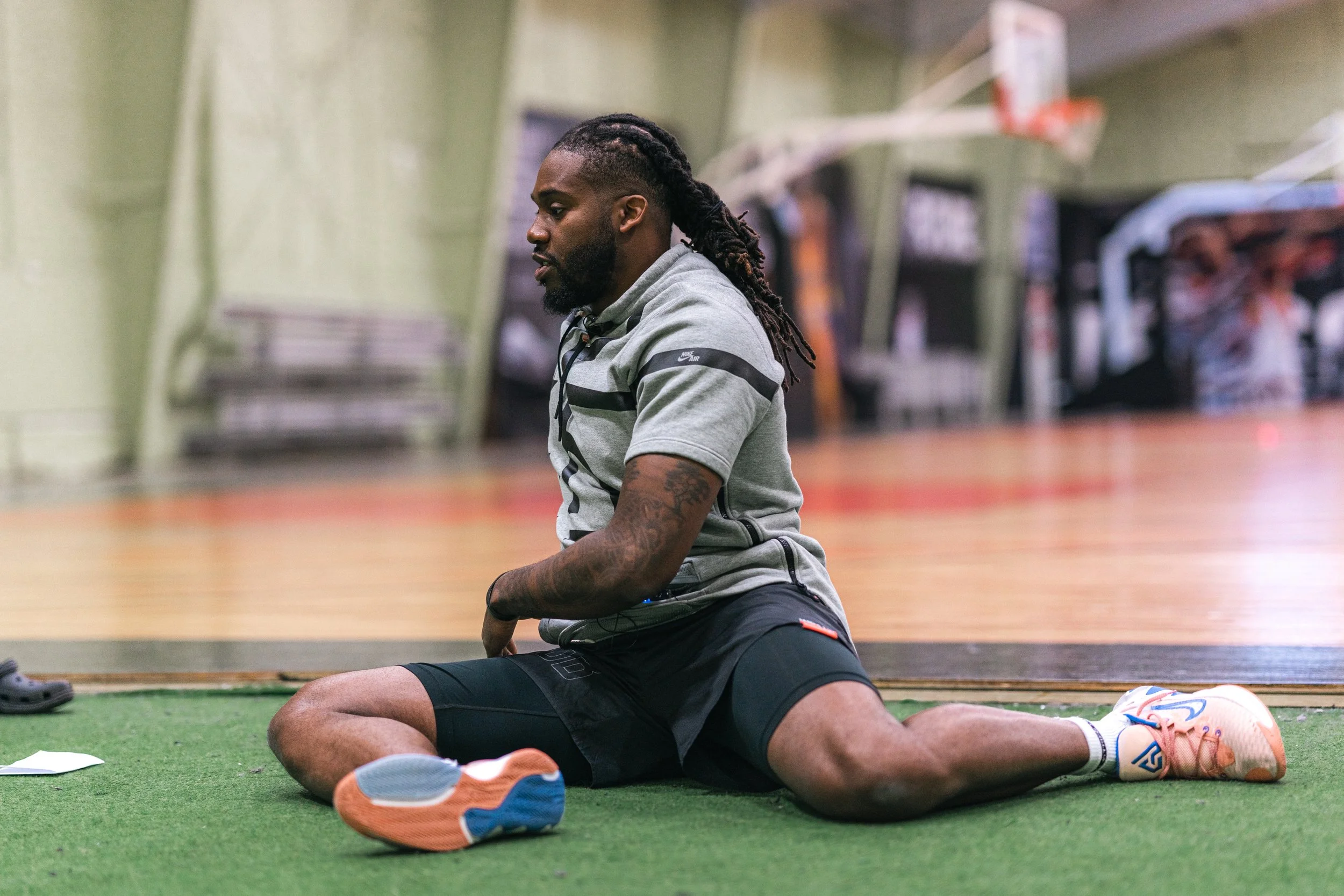PREP: Proactive Resilience Enhancing Performance
Athletes want to know that they are getting reliable guidance from their doctors, trainers, rehab team and beyond. Creating a positive therapeutic alliance with an athlete is essential in order to maximize potential for recovery and performance. So as long as that individual has the proper credentials, it should be smooth sailing right?
Wrong!
Experts are still humans with their own flaws and biases. An expert’s philosophy on the way they practice can be as influential as technical knowledge. If the philosophies between the expert and athlete aren’t aligned it can cause friction resulting in decreased adherence and effectiveness of the training program.
My philosophy is centered around the acronym “PREP” meaning “Proactive Resilience Enhancing Performance.” It’s rooted in the idea that gradually exposing the body to doses of a stimulus or stress will decrease the body’s reaction to it over time.
We see this hold true with a lot of things. For example, the first time you expose the bicep to a bicep curl, it will be sore. Now expose it to that bicep curl over and over again over time and that weight becomes easy. The bicep got used to and adapted to the stimulus of the curl and the weight of the dumbbell.
Or think about pool water being cold when you first dip your toe in but overtime as you go deeper your body gets more used to it. Generally, the more you expose the body to an external stimulus, the less of a response it will have to it.
In healthcare today, or what I would consider, “sickcare” we tend to see people after a disaster has happened. After the ACL tear, after the ankle sprain, and after the low back pain. In my personal experience, I feel like 75% of the injuries I see on a daily basis can be helped before they turn into a bigger issue. I’m taking the natural resilience of the body and being proactive instead of reactive with it.
The human body will have its limits. I'm not saying that because you do some prehab work that your body will never get hurt again, that’s unrealistic. Jumping out of a two-story window and not getting hurt is pretty unrealistic…except if you do parkour.
In that case, your body has built up a specific resilience against jumping and landing stresses. See where I’m going with this?
I tend to spend less time on passive modalities like ice, heat, or electrical stim and allow the body to build its own resistance so as not to become reliant on an outside source to accomplish a task. Not that those things don’t have any place in the process, but as long as we don’t rely solely on ice to decrease our pain, or a massage gun to help the muscle feel better so you can jump higher we’ll be better off.
PREP your body so you can be more PREPared!
